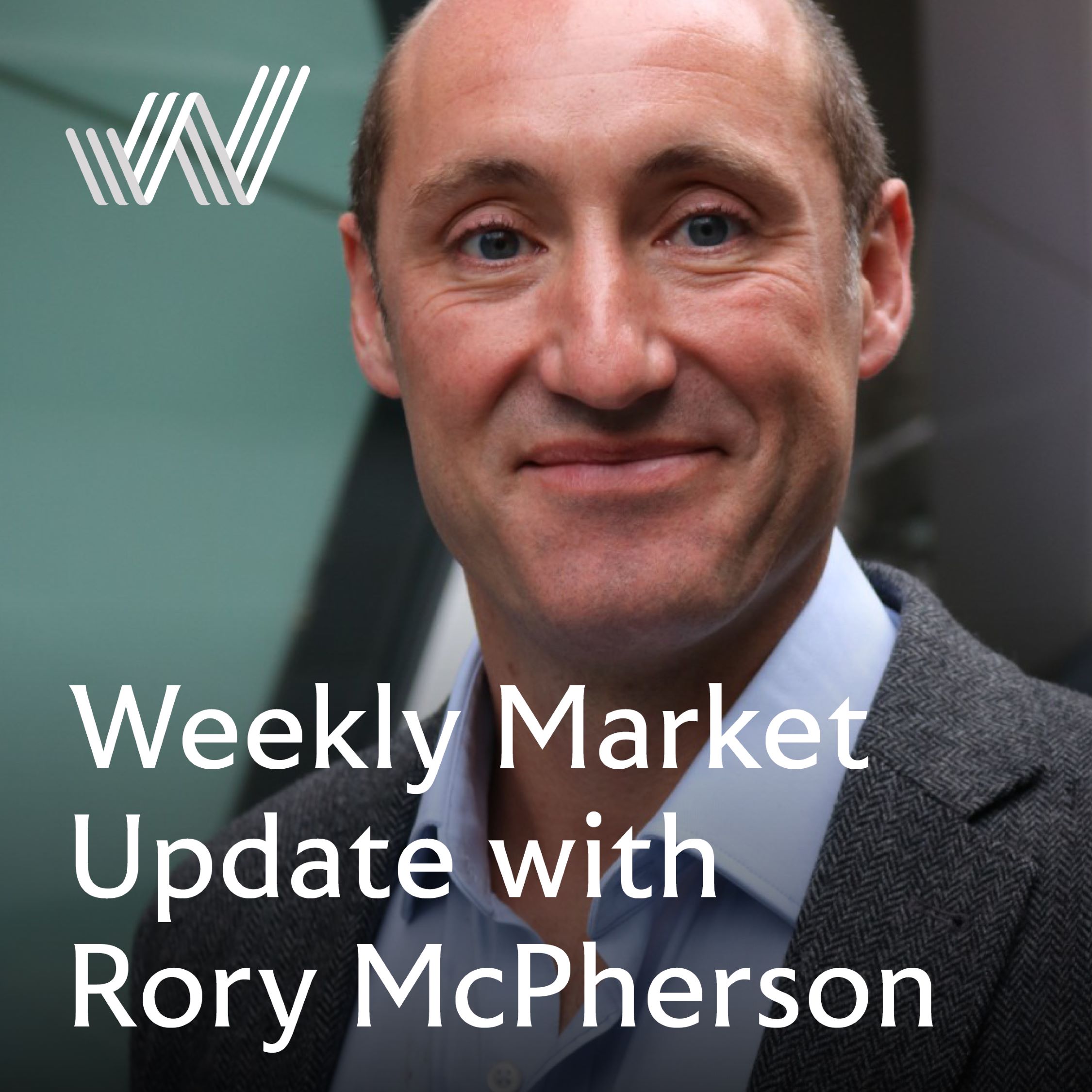Global stocks rose by 1.2% last week, with European and Emerging market stocks leading the way. These gains came in spite of the collapse of the French government and of protests to impeach the South Korean President! Returns were more pedestrian (although still positive) in the UK equity market, whilst US stocks continued their rise and helped drive the Global share index to a fresh record high. This week the focus will remain on France and South Korea, with Wednesday’s US inflation reading also likely to attract attention ahead of the US Federal Reserve’s policy setting meeting next week.
Last week
- Global stocks posted good gains despite political chaos.
- European shares rose strongly on expectations of further stimulus from China and increased demand for enterprise management software.
- Big technology and consumer names drove gains in the US share market.
- Bond markets were fairly flat: credit spreads tightened (to boost credit exposed bonds) whilst government bond yields rose (weighting on government bonds).
This week
- US inflation (on Wednesday) is a key watchpoint: the last big piece of economic data ahead of the Fed’s interest rate setting meeting next week.
- The European Central Bank meets on Thursday where we expect them to cut interest rates to 3%.
- UK growth figures for October are released on Thursday.
- There’s a smattering of corporate earnings this week, with Oracle reporting today and then Curry’s, Costco and Broadcom on Friday.


Equity returns are in GBP, Oil is in USD. Gold is shown in GBP. Bond returns are all shown in GBP. Source Bloomberg.
More detail:
- Global share markets had another strong week, rising by 1.2% in GBP terms, to close at fresh record highs. Japanese, European and Emerging markets picked up the baton from US markets and drove returns last week. Emerging market shares rose by just shy of 3% on the week, with European stocks (ex UK) rising by 2.4%.
- European shares rose strongly in spite of the collapse of the French Government! This speaks to both the forward-looking nature of investment markets and also of the international characteristics of many of the stocks in the European index. French Prime Minister Michel Barnier’s minority government collapsed after Parliament backed a no-confidence motion tabled by the National Rally and Left Wing New Popular Front to stymie Barnier’s proposed 60-billion-euro deficit reducing budget.
- This made for only the first time since 1962 that a no confidence vote has been successful and sees President Macron now on point to appoint France’s 4th Prime Minister this year, with a new Parliamentary election not allowed to be held until July 2025.
- Despite this chaos, European shares, including the French share market, rose strongly! Luxury goods makers LVMH and Hermes make up a combined 13% of the French share market and both rose strongly (6.2% and 9.2% respectively) on the expectation of fresh stimulus measures from China (Chinese consumers are big spenders on the aforementioned). Meanwhile, in Germany (which is politically paralysed having called a snap-election following the collapse of its ruling coalition), software company and index heavyweight SAP rose by 6.9% on the week. The gain was largely attributed to the read-across from Salesforce (one of SAP’s competitors) beating its revenue forecasts, which indicates the strong demand for enterprise management software.
- Within the US, returns last week were very much driven by the big technology and consumer stocks, whilst in the UK, it was the domestic shares which fared best, with the FTSE 250 up by 1.4% on the week. The UK share market has been a hot bed for take-overs, bids and buy-backs this year and Future PLC was the latest company to announce a buyback program, with a £55 million one announced last week following its results.
- The key economic news last week came out of the US, in the form of the monthly jobs data. Specifically, the monthly nonfarm payrolls numbers saw a big bounce back, with 227,000 new jobs seen to have been created in November. Unemployment ticked up to 4.2% (from 4.1%), but importantly, wages came in ahead of expectations (growing at an annual rate of 4%) and data earlier in the week showed that layoffs aren’t increasing, but workers quitting their jobs voluntarily are: this can indicate that workers are feeling more bullish about labour market conditions.
- Bond yields ticked up over the week which meant that government bond prices fell. UK gilts fell by 0.3%, whilst UK corporate bonds rose by a modest 0.1% (as credit spreads tightened). We’d expect bond yields to be driven by Central Bank action over the next couple of weeks, with the European Central Bank expected to cut rates by 0.25% this week along with the US Federal Reserve the following week. We expect the Bank of England to maintain interest rates at 4.75% when they meet on 19th December.
The value of investments and the income from them can go down as well as up and you could get back less than you invested. Past performance is not a reliable indicator of future performance.
The content of this article is not intended to be or does not constitute investment research as defined by the Financial Conduct Authority. The content should also not be relied upon when making investment decisions, and at no point should the information be treated as specific advice. The article has no regard for the specific investment objectives, financial situation or needs of any specific client, person, or entity.





